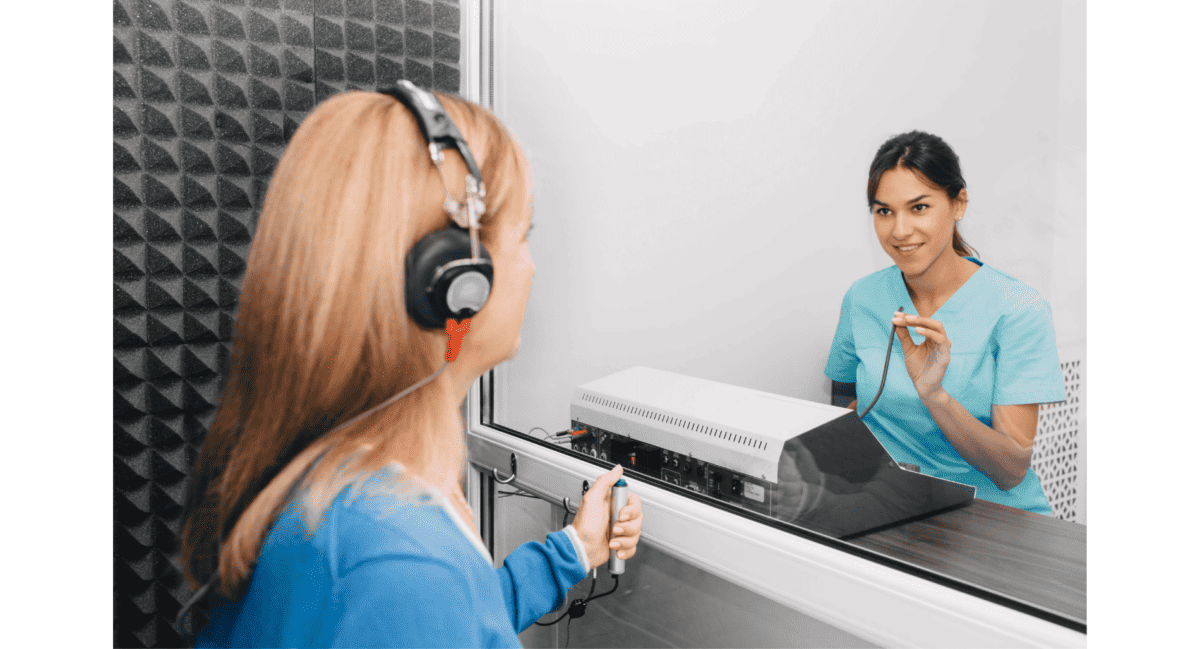As hearing professionals, we understand that the results of a hearing exam can be a source of both curiosity and concern for our patients. The process of deciphering these results is crucial in providing appropriate care and support. In this article, we will delve into the intricacies of hearing assessments, shedding light on the significance of early detection, recent advancements in research, and potential futuristic interventions.
The Importance of Early Detection
Early detection of hearing issues is paramount for maintaining overall well-being. Research consistently emphasizes the impact of untreated hearing loss on various aspects of life, including cognitive function, emotional well-being, and social engagement. Studies have shown a link between untreated hearing loss and an increased risk of cognitive decline, isolation, and even depression.
Therefore, the first step in understanding your hearing exam results is recognizing the importance of early detection. Regular hearing assessments, especially for individuals over the age of 50, can facilitate the identification of potential issues before they significantly impact one’s quality of life.
Interpreting Your Audiogram
The audiogram is a visual representation of your hearing abilities, displaying the softest sounds you can hear at different frequencies. Understanding this graph is crucial for comprehending your hearing exam results. The horizontal axis represents frequency, with low frequencies on the left and high frequencies on the right. The vertical axis represents intensity, with softer sounds at the top and louder sounds at the bottom.
Typically, hearing professionals focus on two key aspects when interpreting an audiogram: the type and degree of hearing loss. The type categorizes the hearing loss as conductive, sensorineural, or mixed, while the degree quantifies the severity as mild, moderate, severe, or profound.
Recent Research Insights
Recent research in the field of audiology has provided valuable insights into the complex relationship between hearing loss and overall health. Studies have highlighted the connection between untreated hearing loss and an increased risk of cardiovascular diseases, diabetes, and even falls in older adults. Recognizing these associations underscores the importance of addressing hearing issues proactively.
Moreover, research has explored the potential role of lifestyle factors in hearing health. A healthy diet, regular exercise, and overall cardiovascular health have been linked to better hearing outcomes. This holistic approach to hearing care emphasizes the interconnectedness of our overall well-being and the health of our auditory system.
Futuristic Interventions and Technology
The future of hearing care holds exciting possibilities with innovative interventions and technology. Hearing aids have evolved significantly, incorporating artificial intelligence algorithms to adapt to various listening environments. These advanced devices can distinguish between speech and background noise, providing a more natural and personalized listening experience.
In addition to enhanced hearing aids, research is underway to explore gene therapies and regenerative treatments for hearing loss. While these interventions are still in the experimental stages, they offer hope for a future where hearing restoration is not only possible but also more accessible.
Compassion in Communication
Understanding your hearing exam results can be an emotional journey, especially if hearing loss is identified. As hearing professionals, our role extends beyond clinical expertise to compassionate communication. It’s crucial to create a supportive environment where patients feel comfortable expressing their concerns and asking questions.
Furthermore, discussing the impact of hearing loss on daily life and relationships fosters a collaborative approach to treatment. By addressing the emotional aspects of hearing care, we can better tailor interventions to meet the unique needs of each individual, enhancing their overall well-being.
Conclusion
In conclusion, decoding the results of your hearing exam involves a multifaceted approach that combines clinical expertise, recent research insights, and a compassionate understanding of the individual’s experience. Early detection remains the cornerstone of effective hearing care, and recent advancements in technology and interventions provide hope for a future where hearing health is not just managed but optimized.
As hearing professionals, our commitment is not only to diagnose and treat but also to empower individuals with the knowledge and support they need to navigate their hearing health journey successfully. By embracing a holistic approach and staying informed about the latest developments in the field, we can ensure that our patients receive the best possible care for their auditory well-being.

